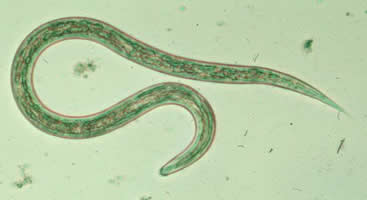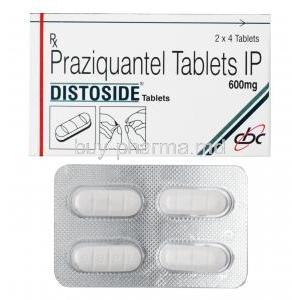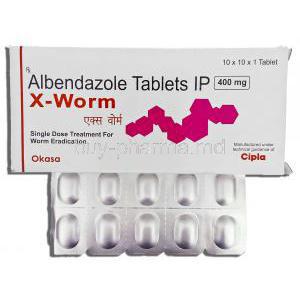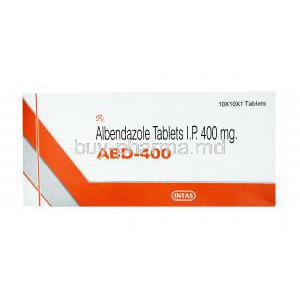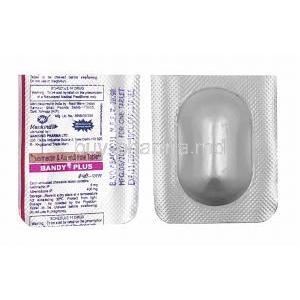Antepar Syrup
- I. Introduction to Antepar Syrup
- II. Composition of Antepar Syrup
- III. Piperazine uses
- IV. Off-label Uses of Antepar Syrup
- V. How Antepar Syrup Works (Mechanism of Action)
- VI. Dosage and Administration of Antepar Syrup
- VII. Side Effects of Antepar Syrup
- VIII. Common Side Effects of Antepar Syrup
- IX. Serious Side Effects and Rare Reactions
- X. Interactions with Other Medications
- XI. Warnings and Contraindications
- XII. Careful Administration of Antepar Syrup
- XIII. Important Precautions for Antepar Syrup Use
- XIV. Administration to Elderly Patients
- XV. Administration to Pregnant Women and Nursing Mothers
- XVI. Administration to Children
- XVII. Overdosage of Antepar Syrup
- XVIII. Storage and Handling of Antepar Syrup
- XIX. Handling Precautions for Antepar Syrup
I. Introduction to Antepar Syrup
Overview of Antepar Syrup
Antepar Syrup is a medication created specifically to fight parasitic infections in both adults and children. It is highly effective against various types of parasites. It is a well-known antiparasitic treatment that is commonly recommended due to its wide range of actions and safe characteristics.
General purpose and classification
Antepar Syrup falls into the antiparasitic agent group. It is mainly used to prevent the growth and spread of parasitic organisms in the human body. It is categorized as a medication for treating types of worms like roundworms and hookworms that infect the intestines.
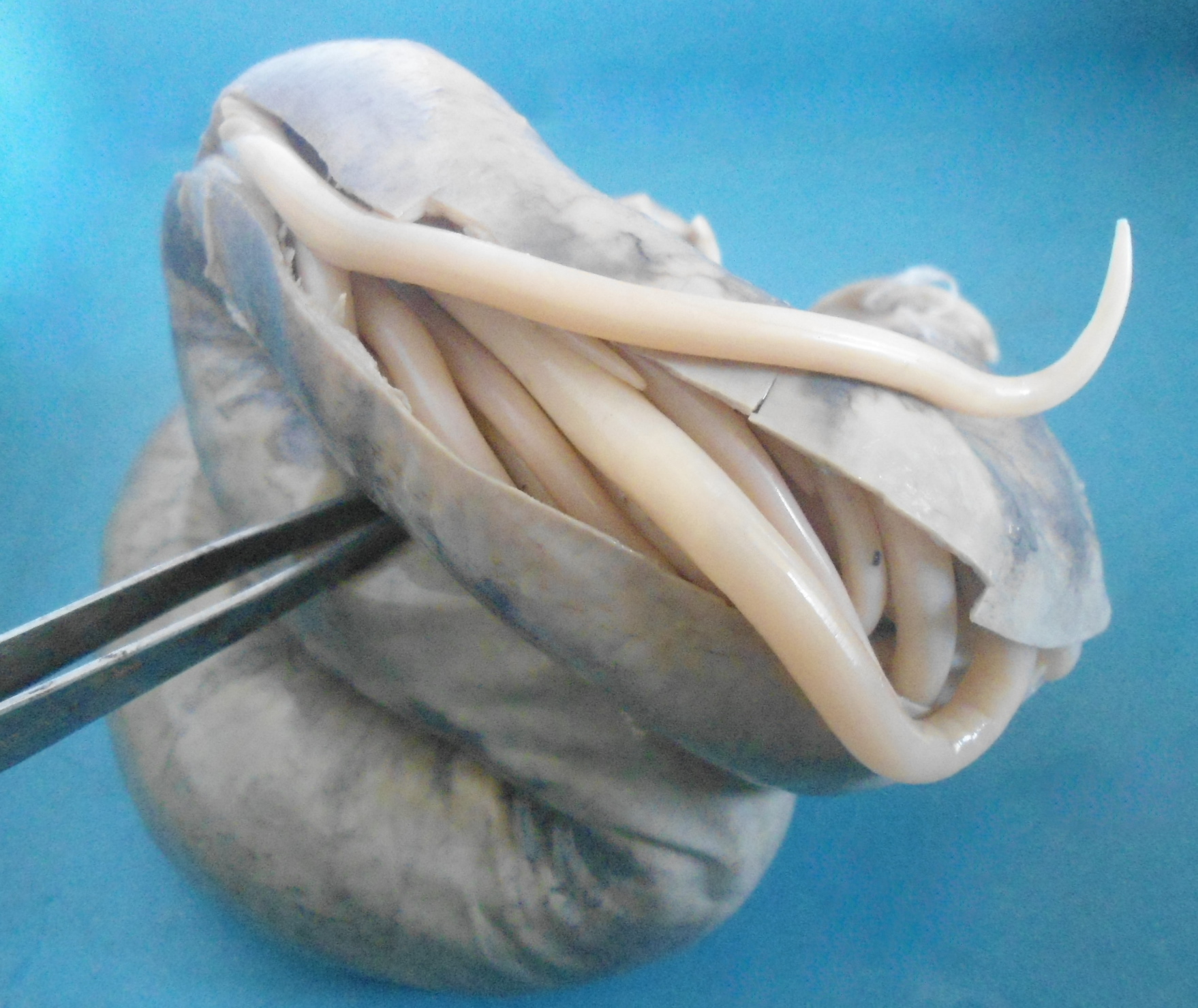
Brief history and approval for use
Decades ago, the Antepar Syrup was introduced and quickly received approval for its effectiveness and low occurrence of side effects. Various regulatory agencies globally, such as the FDA, have authorized its usage, thus boosting its reputation in battling parasitic infections.
II. Composition of Antepar Syrup
Active ingredients in Antepar Syrup
Antepar Syrups' primary active component is Piperazine, a recognized substance effective against adult parasites and their offspring.
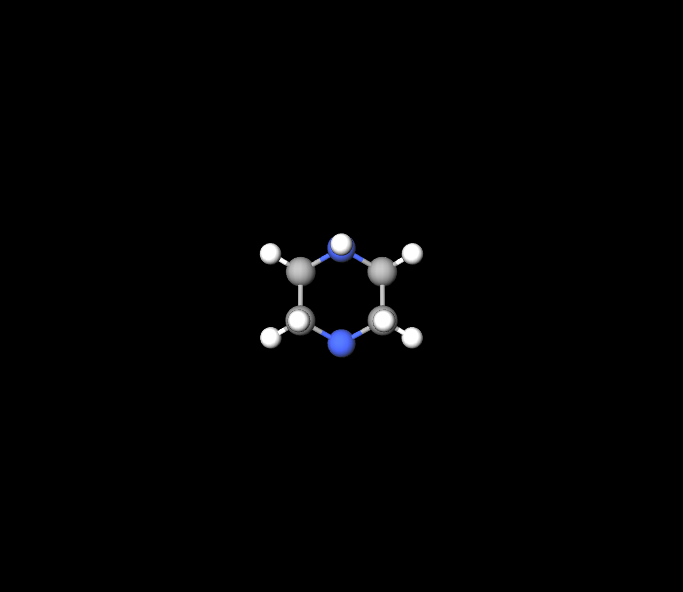
Piperazine citrate
Anthelmintics are utilized for treating worm infections with piperazine being employed to address roundworms (ascariasis) well as pinworms (enterobiasis or oxyuriasis).
Piperazine anhydrous
The compound piperazine serves as a component in the production of products such as pharmaceutical drugs, materials like plastics and rubber accelerators, surfactants, and dyes used in different industries, including healthcare and manufacturing sectors.
Inactive ingredients and excipients
Antepar Syrup includes the active ingredient but also several inactive components, like stabilizers and preservatives, along with flavoring agents, to improve its stability and taste, better administer it to kids, and extend its shelf life.
III. Piperazine uses
Primary therapeutic uses of Antepar Syrup
Common conditions treated by Antepar Syrup
- Ascariasis: Caused by Ascaris lumbricoides, commonly known as roundworm.
- Trichuriasis: An infection by whipworms.
- Hookworm infections: Affect the intestines and can cause anemia.
Piperazine citrate for tapeworms
The piperazine will immobilize worms in a way that lets them be expelled through movements of ones intestines.
Treatment of parasitic infections
Antepar Syrup is very good at dealing with types of worms that invade the human digestive system. It eliminates these parasites so that the body can get rid of them.
Approved medical indications for Antepar Syrup
The drug has been given the light for treating parasitic infections. It comes in doses customized for different groups of patients to effectively meet their needs in regions where these diseases are prevalent.
IV. Off-label Uses of Antepar Syrup
Conditions where Antepar Syrup is used off-label
Antepar Syrup is used beyond its intended purpose to treat conditions, like hydatid disease and neurocysticercosis, that may require treatment approaches due to their rarity; in such cases, It has shown effectiveness.
Evidence supporting off-label use
Multiple research studies have highlighted the success of Antepar Syrup in addressing standard conditions, like those related to parasites that form cysts in the body. They showcase its value in treating parasitic infections affecting the central nervous system due to its capability to penetrate the blood-brain barrier.
Risks associated with off-label use
Using medications for purposes other than what they're officially approved for can sometimes work well but comes with potential risks, too. Because there haven't been trials done specifically for these uses, it's more likely that unforeseen negative effects could occur, especially if the medication is used over an extended period of time.
V. How Antepar Syrup Works (Mechanism of Action)
Pharmacodynamics of Antepar Syrup
Antepar Syrup functions by blocking the tubulin polymerization process, which is necessary for cell survival. This mechanism disrupts energy generation, resulting in paralysis and the parasite's demise. The drug also exhibits effects, making it efficient against both parasites and their offspring.
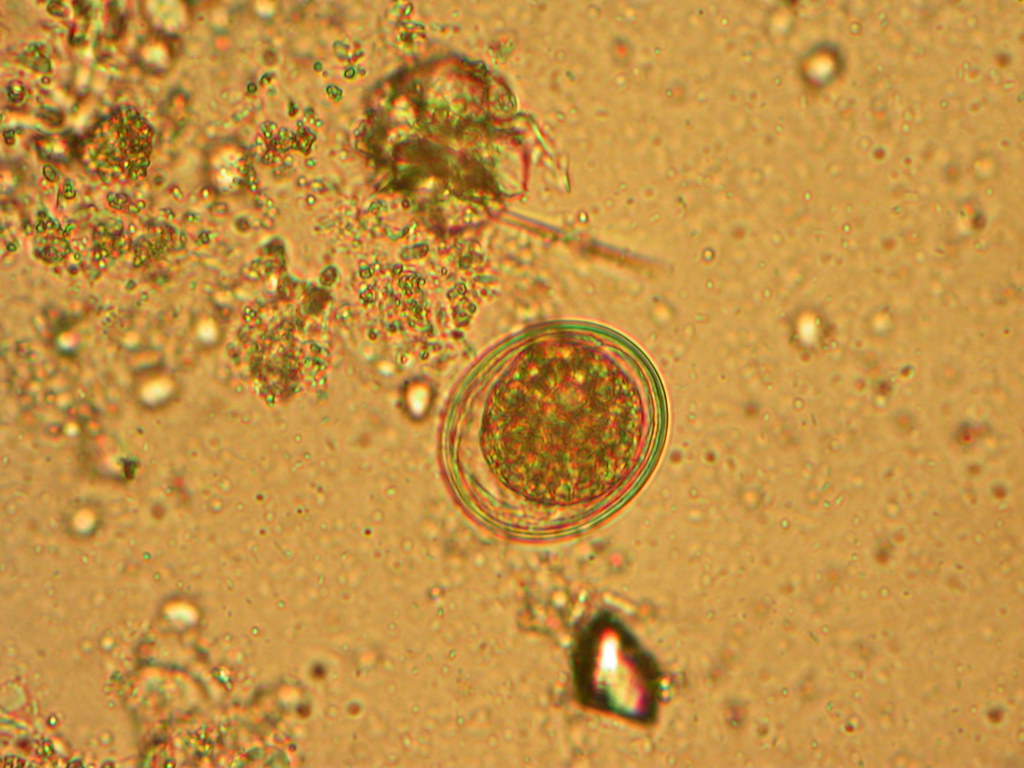
Mechanism of action in treating parasitic infections
The main ingredient, Albendazole, works by stopping parasites from absorbing glucose, which in turn reduces their energy levels, leading to their inability to move and eventually causing their demise.
How it affects different systems in the body
Apart from its ability to combat parasites effectively, Antepar Syrup might impact the system, leading to mild to moderate side effects. Due to its absorption into the system, it carries a risk of overall toxicity. However, excessive dosage or prolonged usage could potentially negatively affect the liver and kidneys.
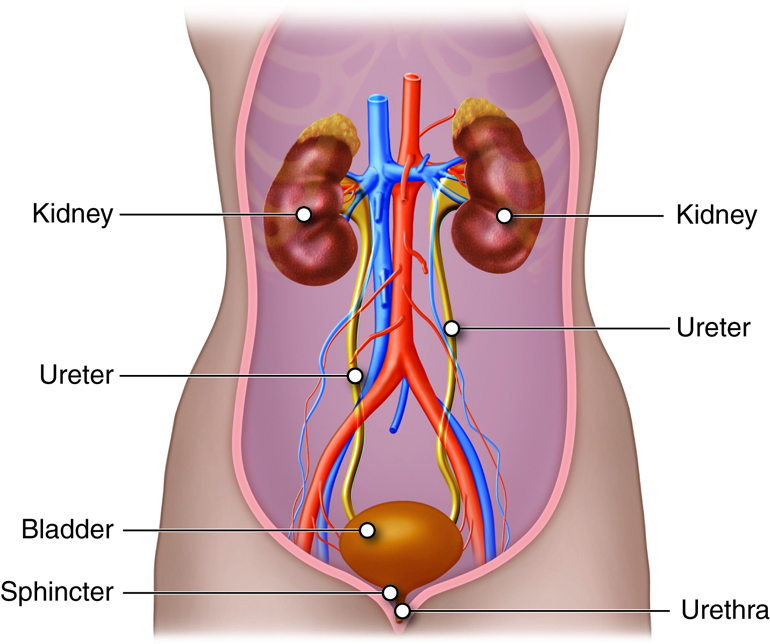
VI. Dosage and Administration of Antepar Syrup
Standard dosing recommendations for adults
For adult patients, the typical dosage is 400mg once daily. The course of treatment varies depending on the parasitic infection being addressed, with some infections requiring only a single dose, while others necessitate prolonged administration.
Pediatric dosing guidelines
The recommended dosage for children is usually determined by their weight. It is often 10 mg per kilogram of body weight a day, with a maximum limit of 400 mg per day, based on their response to the treatment and the seriousness of the infection.
Adjusting dosage for elderly patients
For patients with existing health issues like liver or kidney problems, it's important to be careful when using medication. Adjustments to the dosage might be necessary. It's practice to keep track of liver enzyme levels regularly.
Special considerations for renal or hepatic impairment
Patients who have liver problems might need to take Antepar Syrup because their bodies process the ingredients slower in that condition. In contrast to that scenario with liver issues, when someone has kidney problems, it usually doesn't call for changes in dosage amounts. It's important to be careful anyway.
Administration guidelines (timing, with or without food)
Antepar Syrup is most effective when consumed with a meal since this boosts its absorption rate. The presence of high fat foods notably enhances the bodys ability to absorb Albendazole in the medication and contributes to treatment results.
VII. Side Effects of Antepar Syrup
Overview of possible side effects
Antepar Syrup is effective in treating infections. It comes with a range of side effects that can vary in intensity from mild to severe for patients undergoing treatment with the medication as their body adapts to it over time. While most side effects are mild to moderate and tend to improve as the body gets used to the medication gradually, severe reactions can occur at times. It is important to consider these side effects against the therapeutic results achievable for overall better outcomes.
Understanding the risk-benefit ratio of treatment
When doctors recommend Antepar Syrup for treating infections they carefully weigh its benefits, against side effects to ensure patient safety and effectiveness of the treatment plan.
VIII. Common Side Effects of Antepar Syrup
Most frequently reported side effects
The usual side effects people mention when taking Antepar Syrup are mild and temporary in nature. Some individuals may experience feelings of discomfort, stomach issues, or a slight sense of dizziness. These responses usually go away without needing assistance and are not typically reasons to stop the treatment.
Gastrointestinal side effects (nausea, vomiting, diarrhea)
- Frequent nausea may occur as a side effect when the syrup is consumed without eating.
- Vomiting: Certain people might have episodes of nausea at the beginning of their treatment journey.
- Having diarrhea; It's not as frequent. It can happen sometimes when your body is getting rid of organisms.
Neurological side effects (dizziness, headache)
Only a small number of patients experience issues, like feeling dizzy or getting headaches during their treatment period. Dehydration or existing illnesses could make these symptoms worse so its recommended for patients to keep themselves hydrated and refrain from engaging in activities while undergoing treatment.

Allergic reactions and skin manifestations
Allergies to Antepar Syrup are uncommon. It may show up as skin rashes or itching in some individuals using the medication if you have these reactions to the syrup stop taking it at once and see a doctor. In situations there might be. A severe allergic response needing immediate medical care.
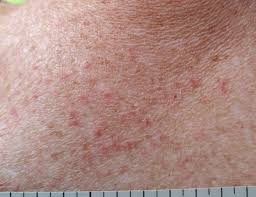
IX. Serious Side Effects and Rare Reactions
Rare but severe adverse effects
While rare occurrences of side effects exist with medications, like liver damage or low blood cell counts, patients receiving term or high-dose treatment are a concern requiring close monitoring of liver function and blood levels.

How to recognize and manage serious side effects
It's important to catch side effects to lessen their effects significantly and promptly seek medical help if you experience symptoms like yellowing of the skin or eyes (jaundice) extreme tiredness (fatigue) unusual bleeding episodes or ongoing stomach discomfort (abdominal pain). If any of these signs show up it’s usually recommended to stop taking Antepar Syrup and get the attention right away.
X. Interactions with Other Medications
Drug-drug interactions (prescription and OTC medications)
Antepar Syrup could interact with medications—both prescribed and over-the-counter (OTCs). Using cimetidine or dexamethasone along with it might boost albendazole levels in your blood, making it more effective but heightening the chances of experiencing side effects.
Impact of Antepar Syrup on other therapies
Antepar Syrup may influence the way other medications are metabolized, particularly those that are metabolized through the p450 system. This could reduce the effectiveness of specific treatments. It is important to monitor patients who are receiving treatment for conditions simultaneously to ensure that dosage adjustments are made as needed.
Contraindications in combination with specific drugs
Certain drugs, like seizure medications or blood thinners, might not be suitable or may need dose changes when used alongside Antepar Syrup.. For example individuals taking warfarin should be checked for any changes in blood clotting tendencies since albendazole can influence liver enzymes that play a role, in drug breakdown and processing.
XI. Warnings and Contraindications
Absolute contraindications for Antepar Syrup
Antepar Syrup should not be taken by anyone who's allergic to albendazole or any of its ingredients, and those with liver conditions like cirrhosis should only use it if advised by a healthcare professional.
Relative contraindications and cautionary conditions
It is important to use Antepar Syrup when dealing with patients who have a background of blood disorders or weakened immune systems. Regular monitoring is crucial to avoid any issues, and other treatment options should be explored based on the seriousness of the condition.
Identifying patient populations at risk
Certain groups, such as mothers or those breastfeeding and older individuals, might be more susceptible to the effects of medications or treatments. It's crucial to review a patient's background and the medications they are currently taking to minimize any potential risks.
XII. Careful Administration of Antepar Syrup
Patients with pre-existing conditions requiring careful use
Patients who have liver problems or kidney issues or a background of stomach ulcers should take Antepar Syrup under medical monitoring to ensure safety and effectiveness of the treatment regimen is maintained adequately. Regular checks, on liver function and kidney markers are recommended to avoid any build up of the medication and reduce the chances of experiencing side effects.
Monitoring requirements during treatment
It's important to check liver enzyme levels (AST and ALT) and complete blood counts (CBC) well, particularly when undergoing extended treatment periods, to catch any potential liver or bone marrow issues early and address them promptly.
XIII. Important Precautions for Antepar Syrup Use
General precautions to take during treatment
Patients are recommended to consume Antepar Syrup along with fat-rich meals to improve absorption and optimize its therapeutic benefits. Furthermore, it is advised to limit alcohol intake as it may worsen liver strain and heighten the chances of experiencing reactions.
Activities to avoid while on Antepar Syrup (e.g., driving, operating machinery)
Some patients may experience dizziness or drowsiness; therefore, it's important to be careful when doing tasks that require attention, like driving or using machinery. Avoid grapefruit or grapefruit juice while undergoing treatment, as it might affect how the medication works.

XIV. Administration to Elderly Patients
Special considerations when prescribing to older adults
When prescribing Antepar Syrup to elderly patients, several factors must be carefully evaluated. Aging bodies often exhibit altered pharmacokinetics due to diminished hepatic and renal function, leading to slower metabolism and excretion of medications. Therefore, the elderly are more susceptible to drug accumulation, which can intensify both therapeutic effects and adverse reactions. Physicians must conduct a thorough review of a patient's health status, including pre-existing conditions, polypharmacy risks, and potential drug-drug interactions, to ensure that Antepar Syrup is appropriate.
Adjusting dosage and monitoring for increased sensitivity
Elderly patients tend to be more sensitive to medications, so it's common to adjust the dosage by starting with a small amount and gradually increasing based on their response.
XV. Administration to Pregnant Women and Nursing Mothers
Safety profile of Antepar Syrup during pregnancy
Antepar Syrup is generally contraindicated during pregnancy, particularly in the first trimester. Albendazole, the active component, is classified as a Category C drug due to its teratogenic effects observed in animal studies. Although data in humans is limited, the potential for fetal harm cannot be ruled out, especially during organogenesis. Therefore, antipar syrup should only be prescribed during pregnancy when the potential benefits justify the risks to the fetus.
Potential risks to nursing infants
Albendazole and its metabolites are excreted in breast milk, which raises concerns about exposure to nursing infants. The effects on breastfed infants are not well-documented, but given the potential for adverse reactions, caution is advised. If treatment with Antepar Syrup is deemed necessary, temporary cessation of breastfeeding may be recommended to prevent any unintended consequences for the infant.
Recommendations for use during lactation
When a mother needs to take Antepar Syrup while breastfeeding her baby, doctors should carefully consider the benefits of the treatment against any risks involved. If the treatment is deemed necessary it is recommended that mothers opt for feeding methods while undergoing therapy. After completing the treatment, breastfeeding can usually be resumed once the drug is fully eliminated from the body.
XVI. Administration to Children
Pediatric safety and efficacy of Antepar Syrup
Antepar Syrup is commonly utilized in children for dealing with infections. Its safety and effectiveness in children have been well documented in research studies conducted so far. Nonetheless, special care may be needed for children under two years old because their bodies are developing and process medications differently compared to adults.
Adjusting doses for different age groups
When giving medication to childrens based on their body weight or surface area is the practice in healthcare settings. Determined by their age as well. The standard dosage for kids usually falls between 10 to 15 mg per kilogram, depending on how serious the parasitic infection is. For young children, like infants, it's essential to administer lower doses and keep a close eye to ensure the treatment works well without causing any harm.
Monitoring for side effects in children
Children treated with Antepar Syrup should be closely monitored for side effects, including gastrointestinal disturbances and potential hypersensitivity reactions. Regular follow-up appointments are essential to ensure that the treatment is proceeding safely, especially in cases where extended or repeated dosing is required. Any signs of toxicity, such as unusual fatigue, abdominal pain, or allergic manifestations, should prompt immediate medical evaluation.
XVII. Overdosage of Antepar Syrup
Symptoms and signs of overdose
An overdose of Antepar Syrup is not very common but can result in symptoms such as intense nausea and vomiting along with abdominal pain and dizziness; in extreme situations, it might even lead to neurological issues like seizures occurring as well as potential liver damage being major worry, especially for those, with existing liver problems.
Immediate actions to take in case of overdose
When someone overdoses on a substance or medication,\ medical attention should be sought right away. Giving activated charcoal can be useful, in reducing the uptake of the substance if the overdose is detected early. It's important to provide treatment, like fluids, and monitor vital signs promptly.
Treatment protocols and supportive care
Treatment for Antepar Syrup overdose involves providing relief and supportive care to the individual. Severe cases may require hospitalization to monitor liver enzymes, function, and neurological status to prevent additional complications. If there are any signs of seizures or other serious neurological symptoms arising from the overdose the administration of treatments, like anticonvulsants may be necessary to address the situation.
XVIII. Storage and Handling of Antepar Syrup
Recommended storage conditions for optimal efficacy
Remember to store Antepar Syrup in a dry spot away from direct sunlight to maintain its effectiveness. For stability, avoid high temperatures and moisture exposure between 15°C and 30°C throughout its storage duration.
Shelf life and expiration considerations
Antepar Syrup usually stays fresh for two to three years, according to the manufacturer's guidelines. However, it's crucial to verify the expiry date before using it since outdated items may not deliver the health benefits and could pose risks.
Handling precautions (e.g., temperature sensitivity, light exposure)
Make sure to close the Antepar Syrup bottle when you're not using it to avoid contamination risks. It's best not to freeze or expose the syrup to temperatures above 30°C as it can be affected by temperature changes. Moreover, keeping the syrup away from exposure is important as it could change the chemical composition of the medication and make it less effective in treating the condition.
XIX. Handling Precautions for Antepar Syrup
Safe handling and disposal of the medication
It's important to practice handling procedures to reduce the risk of exposure to Antepar Syrup. Those in charge of the medication should wash their hands before and after using it, especially if they touch the syrup directly. If any residue gets on the skin or in the eyes, it's best to rinse with water.
What to do in case of accidental exposure or spillage
In situations where the medication is in contact with someone who isn't supposed to take it, like spills or ingestion by someone who isn't supposed to take it, it's important to seek advice right away. If there's a spill, make sure to clean the area with a disinfectant and dispose of any contaminated items following local guidelines. In cases of ingestion in children, prompt assessment and intervention may be necessary to avoid any harmful consequences.
Antepar Syrup FAQ
- What is the use of Antepar Syrup?
- What is the drug piperazine used for?
- Is piperazine safe?
- What are the health effects of piperazine?
- Is piperazine an antibiotic?
- What are the advantages of piperazine?
- How to use piperazine?
- How long does piperazine last?
- Is piperazine a dewormer?
- What is piperazine used to treat?
- What are the disadvantages of piperazine?
- What are the side effects of piperazine?
- How long does piperazine stay in your system?
- How long is deworming medicine good for?
- What are the applications of piperazine?
- What worms does piperazine treat?
What is the use of Antepar Syrup?
Antepar Syrup is a type of syrup made by GLAXOSMITH KLINE PHARMA that is often used to diagnose or treat conditions, such as pinworm and roundworm infections.
What is the drug piperazine used for?
Anthelmintics are commonly used to combat worm infections, with piperazine prescribed for treating roundworms (ascariasis) and pinworms (enterobiasis or mydriasis).
Is piperazine safe?
In the world of pharmacology and medicine lies Piperazine, a compound known for its instability and frequent use in the formulation of salts for combating parasites. This compound boasts a safety threshold but can lead to unwanted effects when taken in high amounts.
What are the health effects of piperazine?
Be cautious, around piperazine as it can be harmful to the skin and eyes upon contact. Excessive exposure may lead to symptoms like weakness, blurred vision, tremors, loss of coordination and balance as seizures. Inhalation of piperazine may cause irritation, in the nose and throat resulting in coughing and wheezing.
Is piperazine an antibiotic?
Piperazine has been recognized as a component in various generations of antibiotic medications, starting from the next generation. Progressing all the way to sixth-generation antibiotics, like gatifloxacin and norfloxacin. Ciprofloxacin and levofloxacin are also examples of antibiotics that contain piperazine.
What are the advantages of piperazine?
Many types of compounds containing Piperazine exhibit properties that work mainly by immobilizing parasites to aid in their removal from a host's body.
How to use piperazine?
When it comes to taking this medication for both adults and children the dosage should be calculated based on their body weight. Decided upon by a professional, like your doctor. A common recommended dose is 65 mg of hexahydrate per kilogram of body weight
How long does piperazine last?
Piperazines are usually taken by mouth, but there have been cases of them being given as well. The effects may kick in after around 2 hours and can last for 6 to 8 hours.
Is piperazine a dewormer?
Regarding parasitic medications, like Piperazine hexahydrate, they fall under the category of worm fighting drugs.
What is piperazine used to treat?
Anthelmintics are medications used to treat worm infections, with piperazine employed for addressing roundworms (ascariasis) and pinworms (enterobiasis or mydriasis).
What are the disadvantages of piperazine?
It can result in stomach or abdominal cramps or pain along with dizziness. Additionally, it may cause headaches and muscle weakness. Other symptoms include tremors, nausea or vomiting, and diarrhea. It might also lead to drowsiness.
What are the side effects of piperazine?
PIPERAZINE can lead to some side effects, like feeling sleepy or dizzy and experiencing diarrhea or nausea along with headaches and stomach discomfort.
How long does piperazine stay in your system?
Piperazine is quickly absorbed and removed from the body after being taken by mouth in humans; it can be found in urine within 30 minutes and peaks between 1 and 4 hours before disappearing within 24 hours.
How long is deworming medicine good for?
Experts suggest that adults and children should be dewormed twice a year, starting at age two, to prevent illnesses caused by worms.
What are the applications of piperazine?
Another medication called Piperazine is used to treat types of worms like pinworms and roundworms.
What worms does piperazine treat?
The drug piperazine citrate is commonly prescribed in medicine to treat infections caused by roundworms and pinworms.



